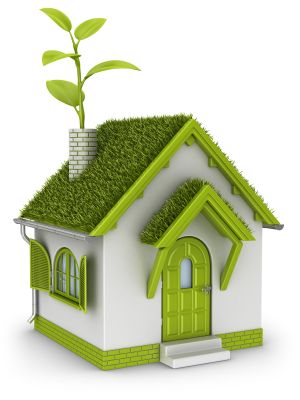By Pauline Akello
Have you ever wondered how small changes in each home can lead to a big impact on your life? It is possible to be eco-friendly in different areas of our lives.
Have you noticed your electricity bill just keeps escalating, how about the water? I bet there are loads of “forgotten meals” that make it to the bin every other week.
It can be from a small change, like using a recyclable water bottle in your daily life, to a bigger investment, such as installing solar panels to make the switch to renewable energy for your home.
This comprehensive guide covers five main aspects of your life to help you contribute to reducing climate change effects and being more eco-friendly in your daily life.
Use recyclable bottles
A solution to this problem is to invest in a water bottle that is not only reusable, but also the right size for the fridge.
Re-using a water bottle also saves money in the long run, as fewer plastic bottles will need to be purchased.
Also, consider discontinuing the use of single-use plastic straws; invest in reusable ones.
Use energy-saver
Turning off the lights when leaving a room is a basic habit to develop and foster.
Make a reminder to do so, whether for you or those at home, until you make it a habit.
You can save a good chunk of your monthly electricity costs by doing something as simple as this regularly.
There are many ways to cut back on energy you use in your home.
These will lead to smaller energy bills and more money in your pocket.
Unplug appliances when they are not being used. Uneasy taking all these steps all at once? Try one at a time until your home is completely energy efficient.
Purchase the right light bulb, but do not run out today and replace all of your light bulbs even though they are still working, but the next time one of your light bulbs burns out, replace it with a more eco-friendly brand.
Replace your old bulb with a compact fluorescent light (CFL). CFL bulbs can last more than five times longer and use much less electricity than regular incandescent light bulbs.

Reduce water waste
You can live a more eco-friendly lifestyle by using less water and cutting back on your bottled water purchases.
Take shorter showers or install a low-flow showerhead. The investment in low water use will be worth it when you receive your next water bill.
Use canvas bags
Although canvas bags might be cheap to acquire, they are actually much more useful than you might think.
A canvas bag is sturdier than a traditional plastic or paper bag, and can hold more goods.
It can also be used to store or pack items when moving, making it useful in more than one way.
Just use your plastic bags in small garbage cans throughout your home, or recycle your used grocery bag.
Compost food waste
Start a compost pile or bin. Compost bins are a huge trend and for a good reason.
Not only do compost bins reduce waste by letting you re-use things you would normally just toss out, but they also save your money.
Use recycling bins for paper, plastic, and soft drink cans, rather than throwing everything out in one bin.
If you garden at all, it really does not make any sense not having a compost bin.
Why go out and buy expensive compost when you could be creating your own with things you are throwing out anyway?
Invest in one or make your own today. Over time, it will turn into useful compost that can be used in the garden.
Set up different containers for different types of products.
Through the whole process be guided by the tune ‘Reduce, Re-use, Recycle.’
These three well-known principles of waste management will make your home more eco-friendly.

- Reduce
We consume far too much. How many times have you bought a loaf of bread, only for it to go ‘mouldy’ when you forgot about it? Put real thought into what you are buying.
When you actually consider what you are buying, rather than impulsively grabbing something off of a shelf, you will find that you buy a lot less. - Re-use
Before you throw away that old t-shirt with stains, think about how you could use it around the house: as a cleaning rag, re-purposed napkins, hair towel.
It also helps to buy things that last longer; they can be more expensive, but can save money in the long run. - Recycle
Recycling is not just some magical sustainable fix-it-all solution. Recycling is a last resort when you have reduced and re-used as much as you can, and you have to throw something away.
Note that not everything can be recycled. For example, plastic-made products have misleading symbols, which look like they can all be recycled, yet this is far from the truth.
The best thing to do in the first instance is to study what can be recycled.





















